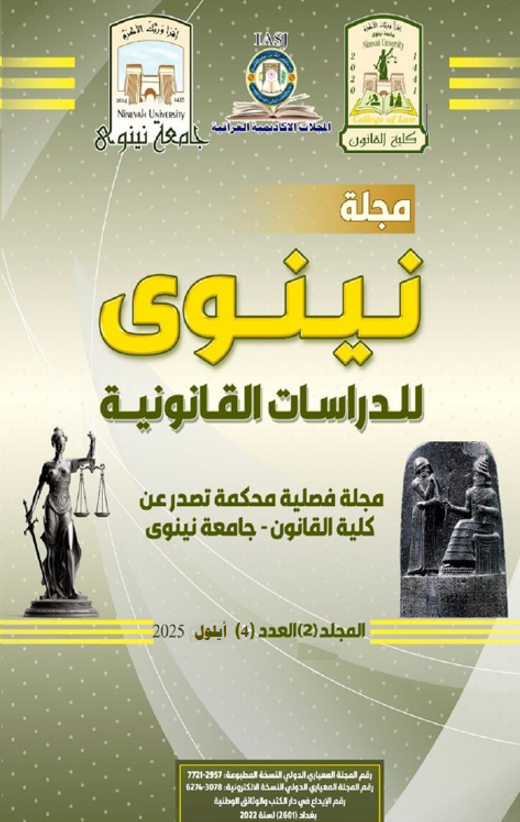Abstract
Countries agree that terrorism is a problem that conflicts with the state\'s will to spread security, stability and peace throughout its territory. Terrorism also conflicts with the traditional rights of individuals and economic and societal development, as it aims to undermine the values associated with security and cooperation within the framework of the state itself or with other countries. We hardly find a state that agrees with terrorism. Rather, countries agree, under their various legislations, to reject terrorism, regardless of its nature. Countries contribute, through their various legislations, to confronting and addressing terrorism, as well as addressing the factors that lead to the creation of conditions that perpetuate terrorism. Countries, under their legislations, work on a coordinated approach that ensures the reduction or combating of terrorism, including intellectual terrorism, as intellectual terrorism is one of the most important problems that conflict with the freedom of individuals in their intellectual security. Intellectual terrorism, as is known, is one of the most rapidly spreading types of terrorism, as its spread is due to factors that help it spread. These factors are represented by the media or the various means of publicity, those mentioned in the Penal Code. In Iraq, its effective constitution of 2005 has strived to confront terrorism in all its forms. All of them, including intellectual terrorism, and this task was assigned to the administrative control bodies to carry it out, and the matter did not stop at the limits of the constitutional text, but moved to the regular legislation to take its way in the objective penal rule, its role in confronting and combating this type of crime, and we can find this concept in the general penal legislation and some of the special penal legislation that organized the confrontation of intellectual terrorism, and this research with the ideas that it will include addresses the role of the state through the constitutional rule in confronting intellectual terrorism and the extent of its success in this confrontation, as it also addresses the general foundations of assigning this task to the criminal legal rule in confronting the problem of intellectual terrorism

